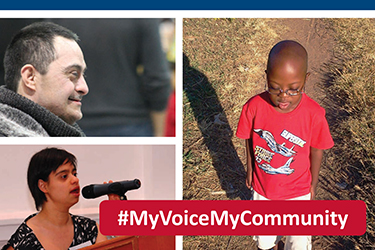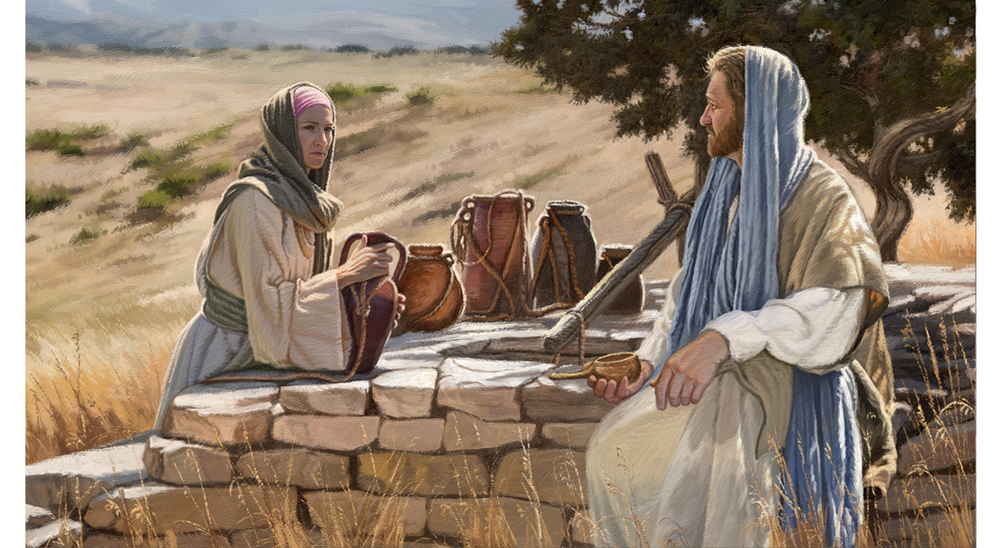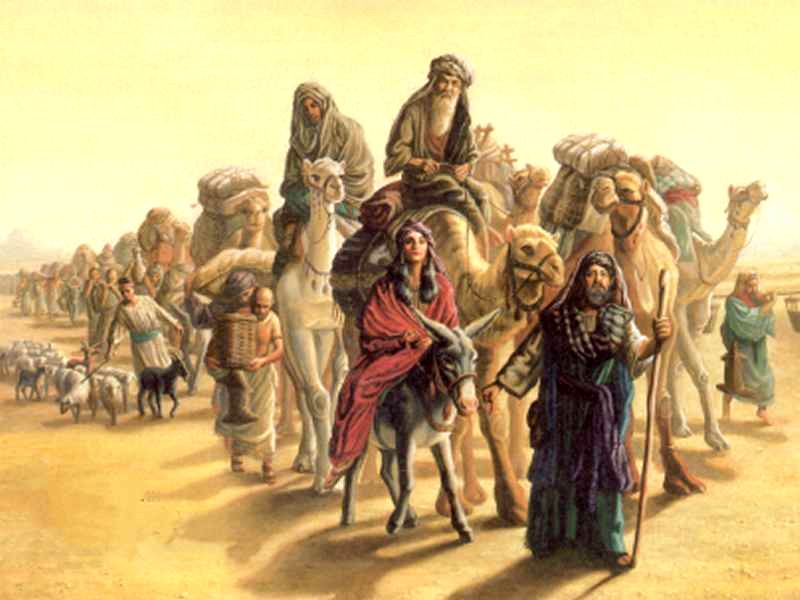 Strange things happen among us, people.
Strange things happen among us, people.
Something good can be done for someone and the person who benefits from the good deed is penalized for it!
It should not surprise us – this is what happened already in the time of Jesus.
We see it in today’s gospel on this 4th Sunday of Lent, Year A (Jn.9:1-41).
Jesus has cured a man who had been born blind and the religious leaders give this fortunate man – (or, unfortunate?) –
a hard time indeed.
Questions upon questions to him, to his parents, back to him again – evidently trying to find Jesus somehow guilty.
Unable to have the man say anything that would enable them to reach such a verdict, “They drove him away…”
They cannot SEE the good.
They cannot accept the evidence.
They push aside what is plain and clear.
They cannot face the truth.
They blind themselves in the most obvious way.
Why? Why such an attitude? What this kind of reaction?
But the next question is… Can this not be found in… us?
We may ‘drive away’ a memory… too painful to face.
We may ‘drive away’ a remark… unpleasant to acknowledge.
We may ‘drive away’ a warning… that would call for a decision.
We may ‘drive away’ a piece of advice… that would ask for a change of attitude.
We may ‘drive away’ some information… that invites me to do something.
So, we do as if the truth were not the truth!
We may fell afraid, ashamed, incompetent, powerful, not equal to a situation.
So, we hide, we pretend, we escape.
We literally ‘drive away’ what is plain to SEE but which threatens us.
LENT may be precisely that: the time to make special efforts to SEE.
And to pray for, yes, vision AND insight!

 Water is the essential building block of life. But it is more than just essential to quench thirst or protect health; water is vital for creating jobs and supporting economic, social, and human development.
Water is the essential building block of life. But it is more than just essential to quench thirst or protect health; water is vital for creating jobs and supporting economic, social, and human development.
 The International Day of Happiness (known as Happiness Day) is celebrated throughout the world on the 20th of March. The International Day of Happiness (“Happiness Day”) was founded by United Nations adviser Jayme Illien on June 28, 2012, when all 193 member states of the United Nations General Assembly unanimously adopted UN resolution 66/281 The International Day of Happiness, following a multiyear campaign initiated in 2011 by the Illien Global Public Benefit Corporation.
The International Day of Happiness (known as Happiness Day) is celebrated throughout the world on the 20th of March. The International Day of Happiness (“Happiness Day”) was founded by United Nations adviser Jayme Illien on June 28, 2012, when all 193 member states of the United Nations General Assembly unanimously adopted UN resolution 66/281 The International Day of Happiness, following a multiyear campaign initiated in 2011 by the Illien Global Public Benefit Corporation.
 participants of the First International Meeting of People Affected by Dams that took place in March, 1997 in Curitiba, Brazil.
participants of the First International Meeting of People Affected by Dams that took place in March, 1997 in Curitiba, Brazil. 
 It is hard to imagine the situation described by the 1st reading which shows Abram told plainly and simply: “Leave your country…” (Gn.12:1-4).
It is hard to imagine the situation described by the 1st reading which shows Abram told plainly and simply: “Leave your country…” (Gn.12:1-4).
